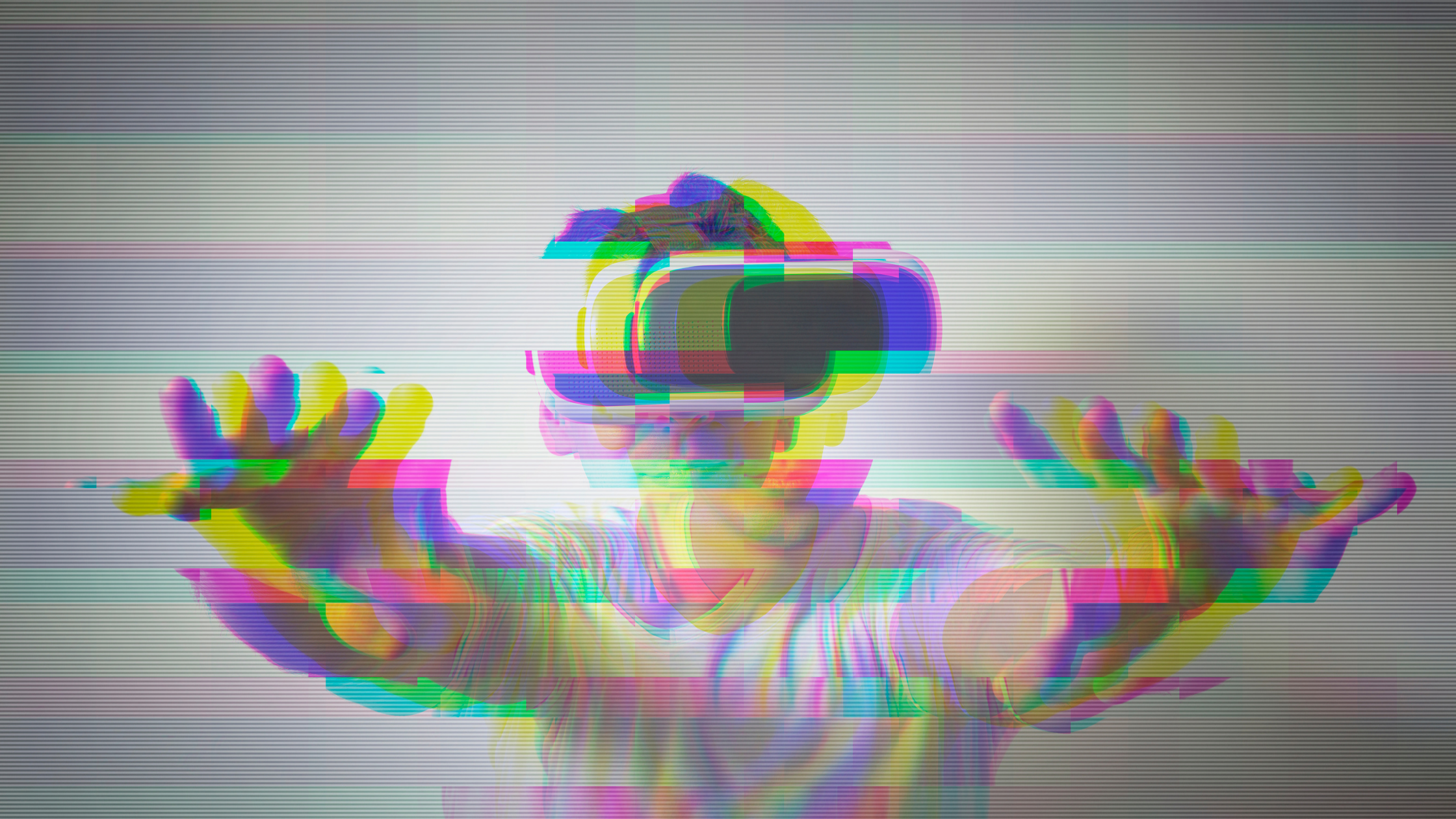Buckle Up, The Metaverse Is Here. It Will Destroy Some Industries And Create Many New Opportunities, Experts Say.

Read about the metaverse and you will likely bump into renowned Harvard economist Joseph Schumpeter.
Schumpeter popularized the phrase “creative destruction” in the 1950s as the “process of industrial mutation that continuously revolutionizes the economic structure from within, incessantly destroying the old one, incessantly creating a new one,” he wrote in Capitalism, Socialism & Democracy.
We have all seen creative destruction at work and it is gaining speed. When, for instance, was the last time you made a call from a pay phone or for that matter from your landline if you still have one? Or typed a letter on a typewriter, watched a movie on VHS, booked a flight with a travel agent, bought a roll of film or a book from a bookstore? We’ve seen businesses – think Kodak – crushed by the digital revolution. We’ve seen industries – think newspapers – shredded by the Internet.
Enter the metaverse.
There is little question that it is going to hit the business world with mega force. Medicine, retail, travel, education to name a few won’t be able to escape as the metaverse unfolds, according to a group of experts attending the BaltoMSDN gathering, which was hosted by Think. BaltoMSDN is a professional network for Microsoft developers.
“The most at risk industry right now is the educational industry,” said Rob Petrosino, Head of the Emerging Tech and Innovation Division at PeakActivity. “The traditional form of universities will be the first to die a very tragic and rapid death. It will be exacerbated by the metaverse.”
While some business will be destroyed others will emerge as winners.
Real estate already is winning in the metaverse as corporations and individuals scramble to buy the next Park Place. Companies like Nike, Gucci, Benneton are driving to expand their businesses by selling digital assets like shoes and clothes for the fashion conscience avatar. Microsoft, Meta, formerly known as Facebook, and even financial companies like JP Morgan are moving to take advantage of the metaverse, too.
In the real world, storage, hosting, streaming services, and hardware vendors will thrive along with advertisers and companies specializing in facial recognition, said Denise Mendez, Principal Software Engineer at Microsoft Mixed Reality.
Content creation will present huge opportunities for photographers, writers, musicians, artists, game developers, the experts said.
James McCoy, who has launched a company called Kutline and is working on his doctorate at Howard University at Howard University, meets creatives in nightclubs and discusses opportunities in the metaverse. He said there is a “knowledge gap and opportunity gap” so he is working on a solution to connect creators to the metaverse. He envisions building the Eventbrite of the metaverse and monetize it.
“Experiencing content is the key to the metaverse,” said Adam Starcaster, who has been in the gaming industry for 30 years and is and is CEO of Baltimore-based Starcaster Games.
Content creation and the “manifestation of this content will be fantastically huge and really, really change things,” Pertrosino added.
He said there is a “massive push” for digital citizens and the rights that digital citizens have.
Mendez said boundaries will change. “Can you invade my space in the metaverse?” she asked.
Countries that have authoritarian governments will be able to crack down on citizens if they do not approve of their behavior in the metaverse, but 5G could make it more difficult. “Hopefully people will realize we are locked on the same rock,” Mendez said.
One company poised to take advantage of the metaverse is Direct Dimensions Inc., an Owings Mills-based engineering company that uses laser scanners, digitizers to convert complex data into 3D computer models.
They have worked in movies that include X-Men, The Amazing Spider Man-2, Men In Black 3 and The Pale Blue Eye scanning everything from Time Square and Dorothy’s ruby slippers to Prince’s yellow guitar and RFK Stadium to Christian Bale.
“We are really excited about the metaverse,” said Michael Raphael, Founder, President and Chief Engineer of Direct Dimensions. “A lot of people will want things in the real world that are in the metaverse. Our little niche has to be the real thing; very high accuracy.”
The way Starcaster sees it, the metaverse, which he would like to shorten to “the verse,” is non-corporate and decentralized. He worries about a gold rush mentality taking over, but he also sees plenty of opportunity.
“Who owns it?” he asked. “You.”
